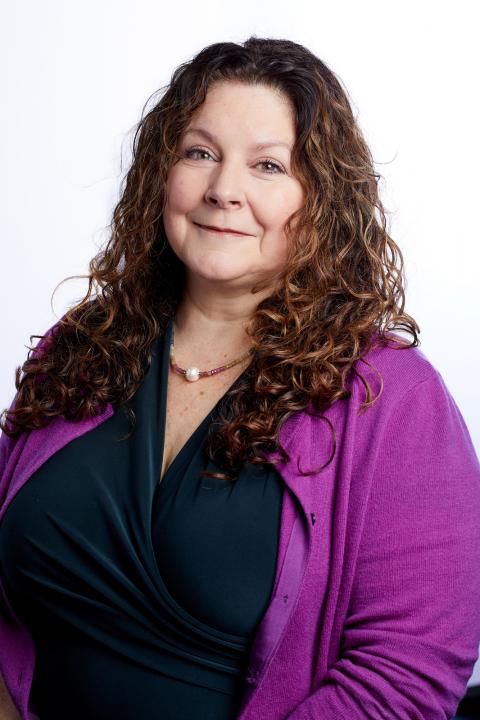Don't see what you're looking for?
Main Site
Berklee.eduCampuses and Schools

Katja Davidoff
For media inquiries, please contact Media Relations
- Presented "Project-Based Learning and Self-Directed Learning" at the Third International Conference on Higher Education Advances, Universitat Politecnica de Valencia, alongside Carol Piñeiro, in June 2017
- Commendation for work with juvenile offenders, Charter Hospital, Bradenton, Florida, 1998
- B.A., Eastern Washington University, applied psychology
- B.S., Eastern Washington University, developmental psychology
- MAT, School for International Training, Spanish
- MAT, School for International Training, TESOL
"During my years as a language teacher, the concepts that I have come to value the most are the energy and creativity of my students. I believe that my students learn most effectively when they are allowed to tap into their creative instincts and apply that to developing skills in all areas. I would like students to realize that interactive language acquisition is key to further developing fluency. My goal is that my students can apply that which is personally meaningful and utilize it in a live context to improve their skills and level of communication."
"Students need to appreciate that they will do their best when they go beyond isolated skills of language, such as rote memorization, and recognize that language learning can cross the boundaries of many disciplines and fields of study. This intersection of content and disciplines is where real learning occurs and allows for the fluid use of language. My hope is that students can use communication to develop multiple avenues in which to express their creativity and connect with content and people from all disciplines of learning."
"My professional experience as a language and humanities teacher, and as a teacher’s trainer, has expanded my view of what constitutes effective teaching and effective learning. I understand the needs of my students and the delicate balance between their professional endeavors, emotional comfort, and goals. In particular, the role that a tolerance for ambiguity plays in learning has become more prominent in the execution of my lessons. Past teaching experience has also demonstrated the importance of the cultivation and management of student energy to utilize their strengths for sufficient progression in their skills. I understand the cycles of language acquisition and the stages that students experience. This knowledge helps me to support students with the best learning experiences and to encourage them to progress."